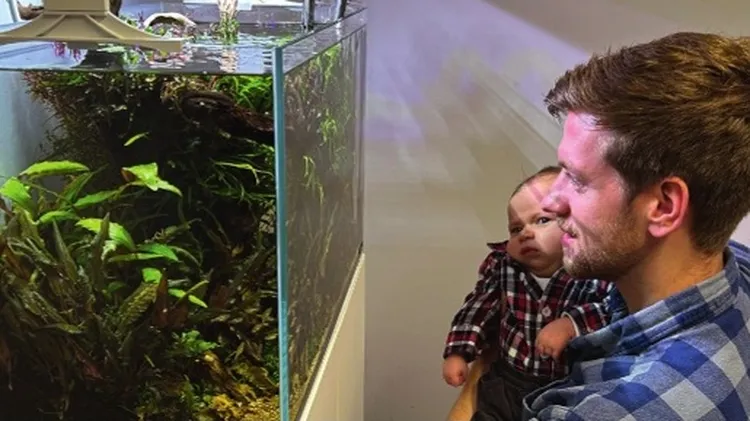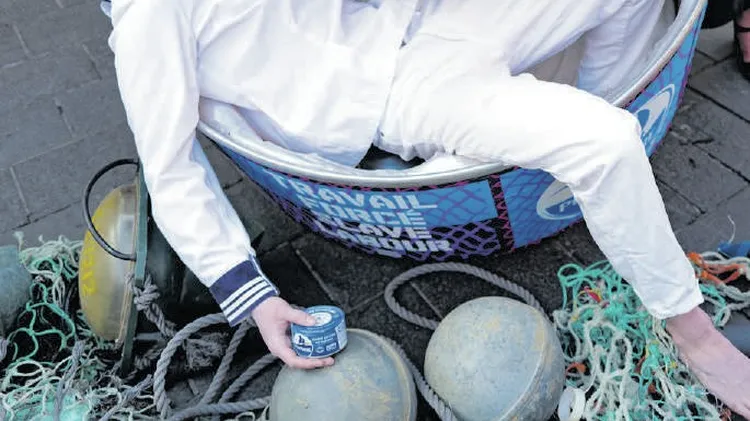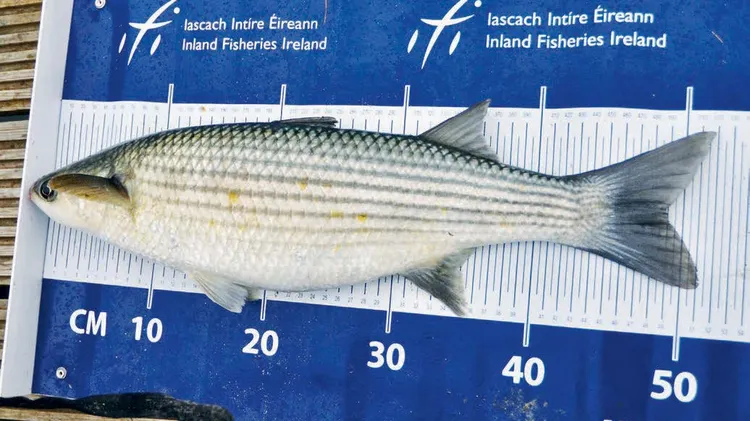While many of us dream of working in aquatics, the realities and the expectations
Nathan hill
2 min read
This article is from...
Read this article and 8000+ more magazines and newspapers on Readly






